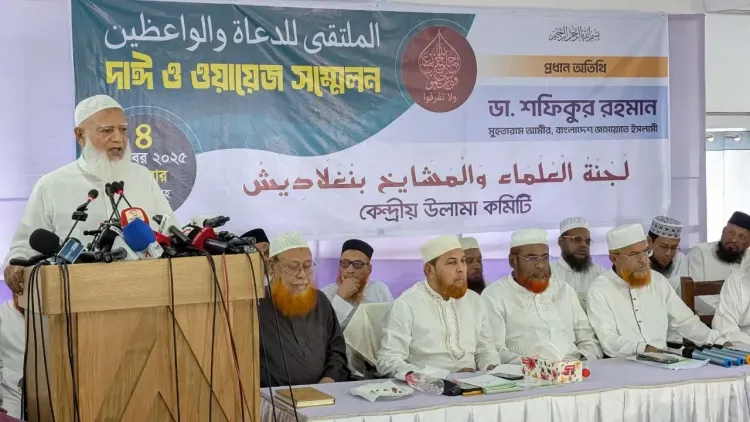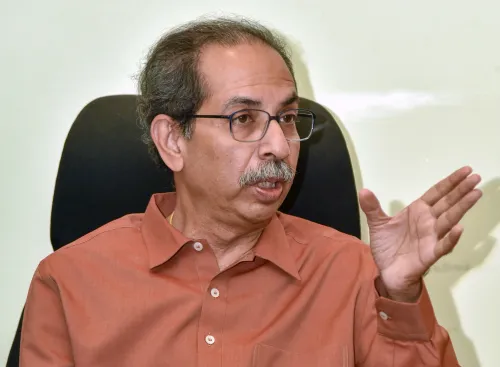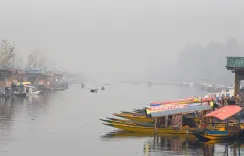Should Bangladesh Hold a Referendum on the July Charter Before February Elections?

Synopsis
Key Takeaways
- Jamaat-e-Islami insists on a referendum before the February 2026 elections.
- Concerns exist regarding the significance of the referendum if held on election day.
- The interim government led by Muhammad Yunus faces accusations of delaying democratic processes.
- The BNP proposes a conflicting approach to the referendum.
- Political uncertainty is rising as parties clash over reform proposals.
Dhaka, Nov 5 (NationPress) As political tensions intensify in Bangladesh, the radical Islamist party Jamaat-e-Islami on Wednesday reaffirmed its call for a referendum on the July National Charter, insisting that it should occur on a distinct date prior to the February 2026 elections, according to local media reports.
Speaking to reporters in Dhaka after a meeting with the Chief Election Commissioner AMM Nasir Uddin, Jamaat’s Assistant Secretary General AHM Hamidur Rahman Azad made these statements.
“The current position of our coalition of eight parties is that the referendum should take place anytime before the election,” Bangladeshi media outlet UNB quoted Jamaat leader Azad.
Previously, on Tuesday, Jamaat accused the interim government led by Muhammad Yunus of postponing the referendum on the July National Charter, labeling the action as “worrisome for the nation.”
The party also criticized the suggestion of conducting the referendum concurrently with national elections, stating that it would “seriously diminish the significance of the referendum.”
This latest development arises amid escalating tensions with the Bangladesh Nationalist Party (BNP), which has proposed to hold the referendum alongside national elections in February 2026, while Jamaat contends it ought to occur beforehand.
Simultaneously, the BNP has also voiced significant concerns regarding the potential for the Yunus-led interim government to utilize ‘unlawful means’ to assure electoral success for the two political parties it currently relies on—Jamaat and the National Citizen Party (NCP) in the upcoming election.
Earlier this week, NCP Convener Nahid Islam accused the BNP and Jamaat of stalling reform initiatives and conspiring to delay the February 2026 elections, as reported by local media.
The NCP leader criticized both parties for their disagreement over whether the referendum should be conducted before the election or on the election day, deeming the disputes as “unnecessary and unproductive.”
“The primary issues and core points of discussion revolve around which reforms will be incorporated in the charter, what proposals will be made, their legal foundation, and whether Muhammad Yunus will issue the order for implementation. If consensus is achieved on these matters, the referendum could be held either on election day or even earlier,” Nahid remarked.
Bangladesh continues to endure increasing uncertainty and political chaos as it approaches the elections next year.
The parties that previously collaborated with Yunus to oust the democratically-elected government of the Awami League, led by Sheikh Hasina, are now in conflict over reform proposals.










